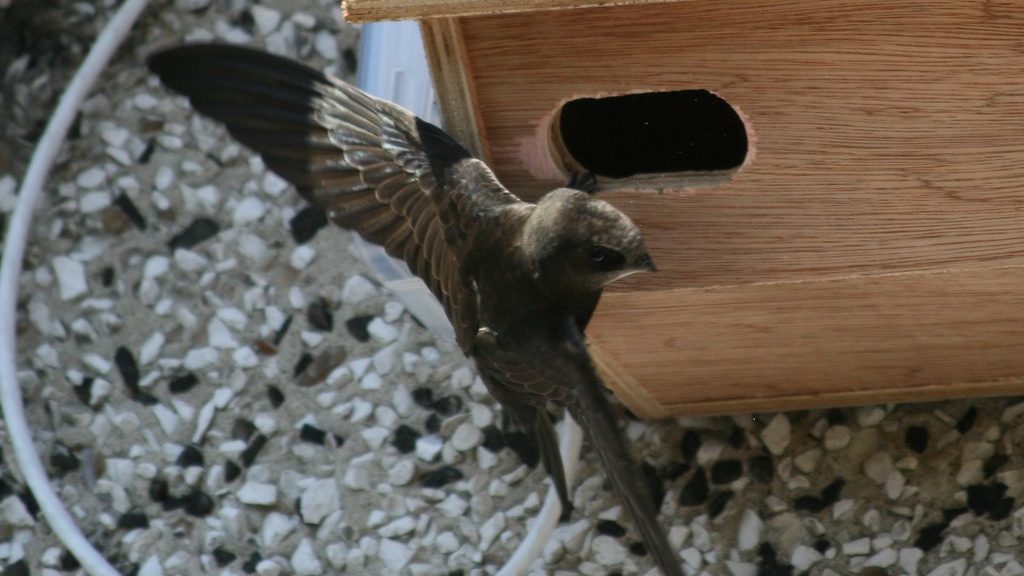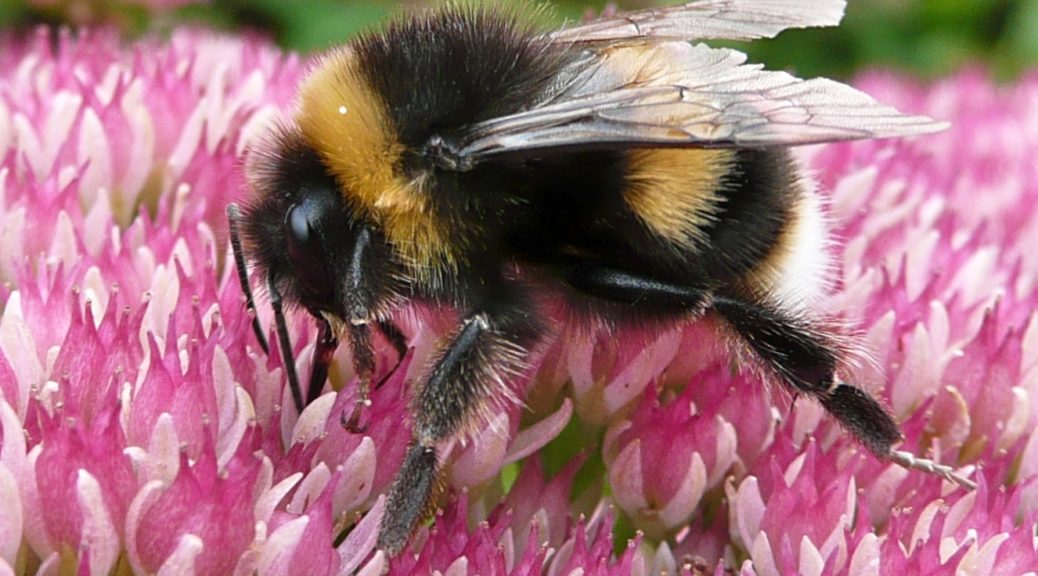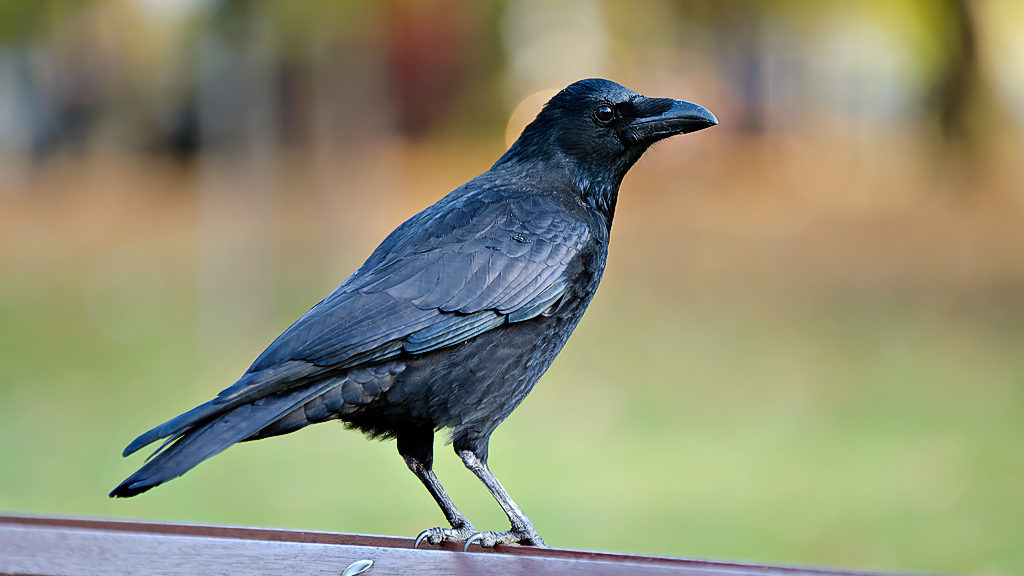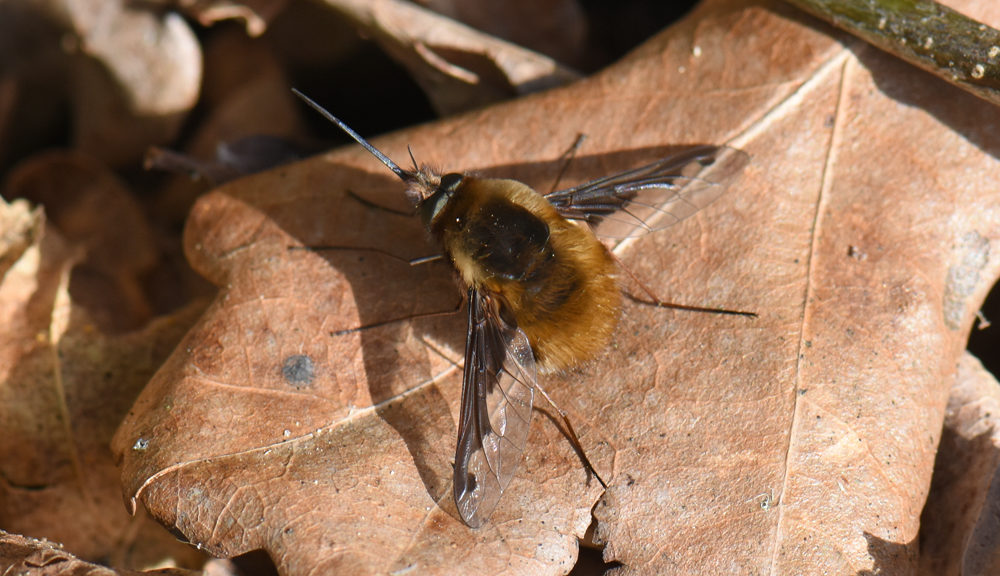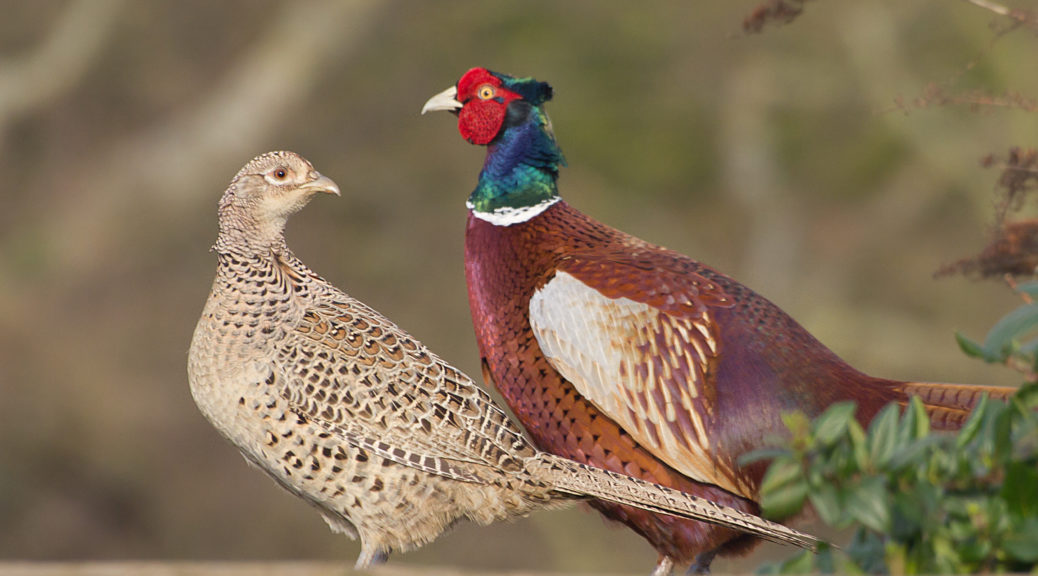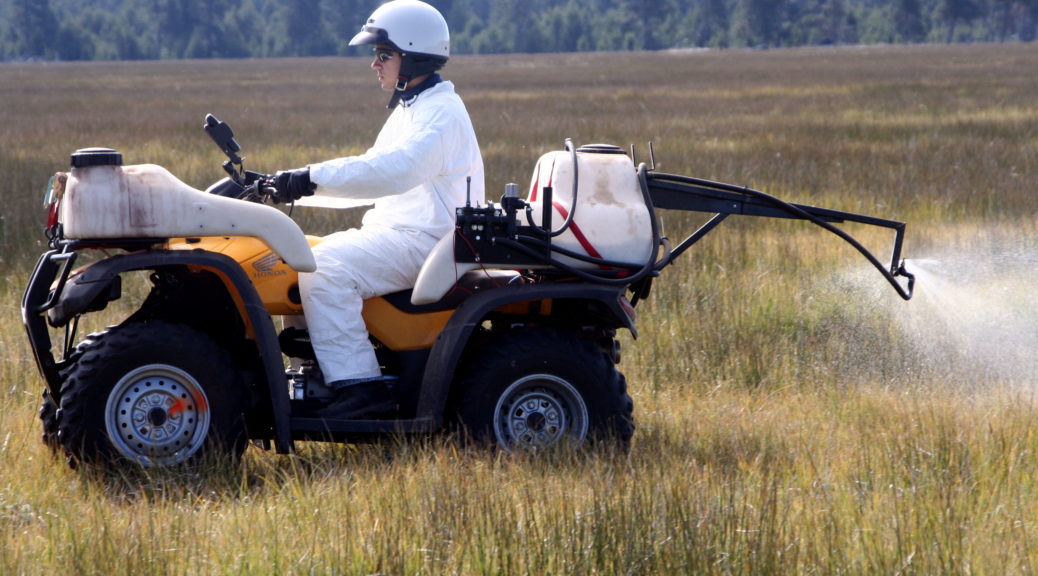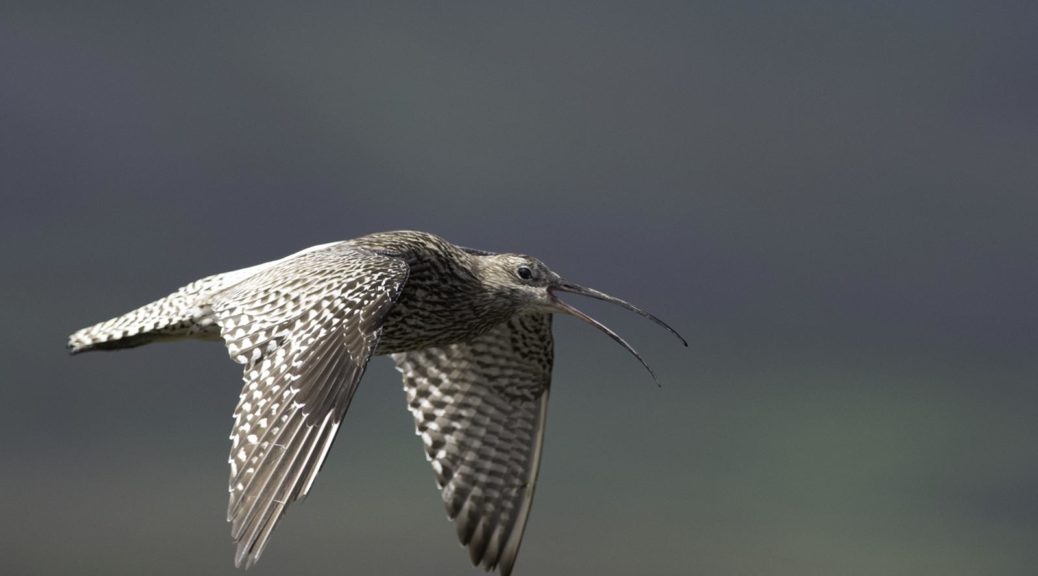The Guardian reports “pest” bird species such as crows, woodpigeons and jays can no longer be freely killed in England after the government’s conservation watchdog revoked the licence permitting it. The move by Natural England came after a challenge to the legality of the “general licence” by a new environmental group, Wild Justice, created by conservationists Mark Avery, Ruth Tingay and Chris Packham.
Natural England now plans to introduce a legal system of licences to allow 16 species of birds, including rooks, magpies, Canada geese and non-native parakeets, to be controlled. In the meantime, anyone wanting to control these species must apply for an individual licence, as they are required to if seeking to kill other more protected bird species.
Wildlife campaigners have greeted the decision, which came on Tony Juniper’s first day as the new chair, with delight, but many farmers – and some conservationists – were dismayed.
Photo by Valters Krontal under creative commons.

